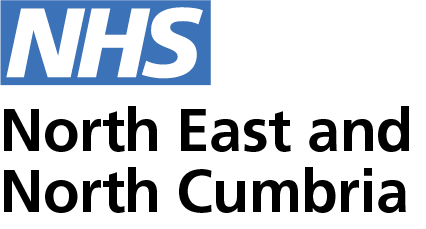Yes, there are some similar schemes in the region. In fact, these have provided the blueprint for the WorkWell programme. For example, the Patient Advisory Service (PAS) and the Waiting Well Programme.
The Patient Advisory Service has been in GP practices in County Durham, Northumberland and the Tees Valley for more than 15 years. This service has achieved better outcomes for people who were previously at risk of going off work for a prolonged period, reducing their risk of dropping into long-term unemployment.
The service places trained patient advisors into GP practices, where they work alongside healthcare professionals to support people whose health is affecting their ability to work or stay in work.
It's been shown to bridge the gap between healthcare and employment advice. Based within primary care where people already go for help, it is very accessible.
Alongside this, the Waiting Well programme offers targeted support to certain groups of patients waiting for surgery. It supports people to be in the best health they can be prior to surgery to make sure they can recover as quickly as possible.





